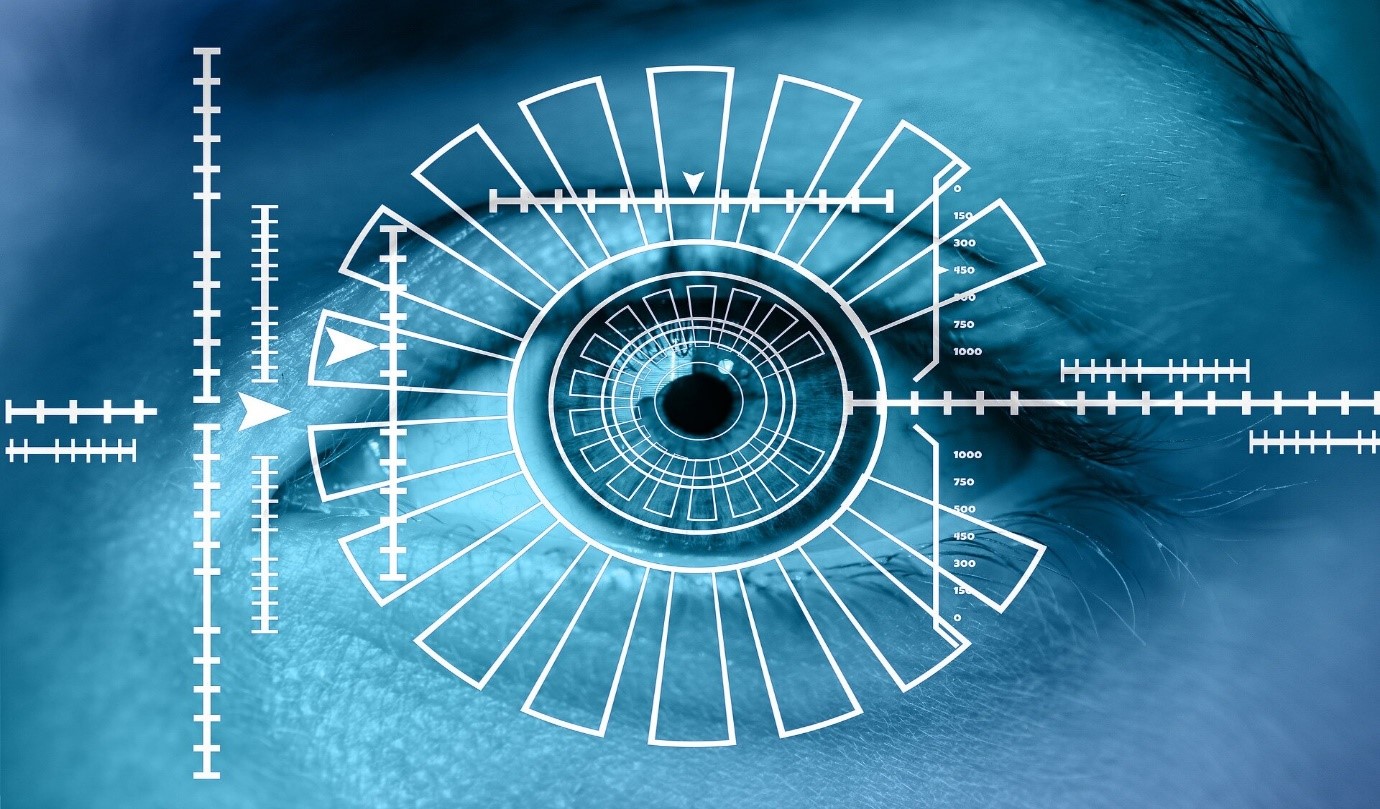
Computer scientists develop method for identifying disease biomarkers with high accuracy
There are multiple existing techniques for detecting diseases by analysing the protein structure of bio-samples. Computer programs increasingly play a part in this process by examining the large amount of data produced in such tests to pinpoint specific markers of disease.
But existing programs are often inaccurate or can be limited by human error in their underlying functions.
Experts have created a deep neural network that achieves 98% detection of peptide features in a dataset. That means scientists have a greater chance of discovering possible diseases through tissue sample analysis.
Peptides are the chains of amino acids that make up proteins in human tissue. It is these small chains that often display the specific markers of disease. Having better testing means it will be possible to detect diseases earlier and with greater accuracy.
The team calls their new deep learning network (PointIso). It is a form of machine learning or artificial intelligence that was trained on an enormous database of existing sequences from bio-samples.
The new program is also unique in that it is not trained to only look for one kind of disease but to identify the biomarkers associated with a range of diseases, including heart disease, cancer and even COVID-19.
 English
English Arabic
Arabic


